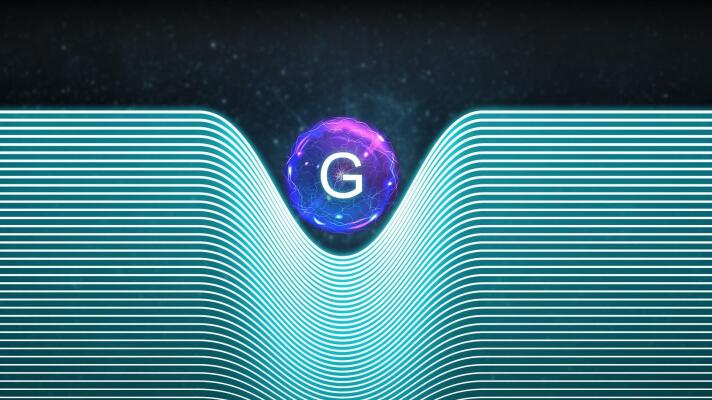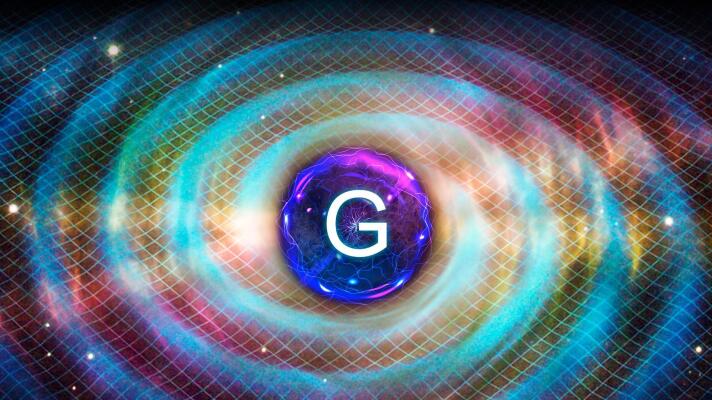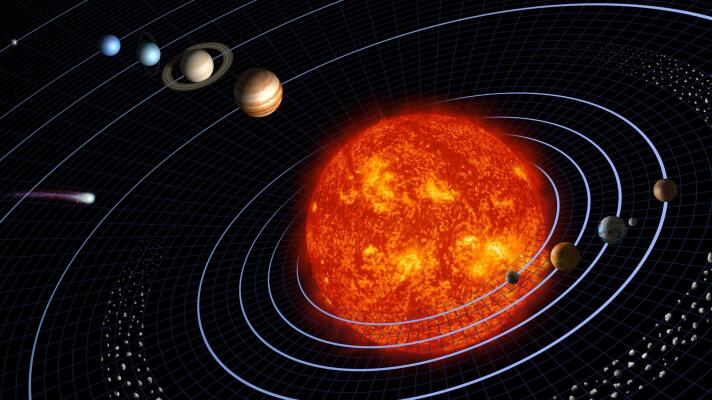Extras
There’s a new generation of experiments that may unlock the gravity particle.
Episode:
S11
E21
|
16:26
The universe thrums with quantum fields, except something may be missing: the sterile neutrino.
Episode:
S11
E20
|
18:33
Gravitons, the particle of quantum gravity, may be impossible to detect.
Episode:
S11
E19
|
18:42
We go in depth on black holes: the strangest objects in the universe!
Special:
1:38:18
2025 was the international year of quantum science, but today we examine its origins.
Episode:
S11
E18
|
25:02
We’ve found lots of “habitable” worlds but we don’t know what factors are needed for life.
Episode:
S11
E17
|
21:17
What is the graviton, and does it even exist?
Episode:
S11
E16
|
21:31
Does quantum mechanics allow the future to retroactively influence the past or not?
Episode:
S11
E14
|
23:22
Antimatter drives sound like science fiction, but they may not be as far as you think.
Episode:
S11
E15
|
19:52
Life on mars could result in humanity’s destruction via Fermi Paradox.
Episode:
S11
E13
|
19:14
Latest Episodes
All
-
All
-
PBS Space Time Season 11
-
PBS Space Time Season 10
-
PBS Space Time Season 9
-
PBS Space Time Season 8
-
PBS Space Time Season 7
-
PBS Space Time Season 6
-
PBS Space Time Season 5
-
PBS Space Time Season 4
-
PBS Space Time Season 3
-
PBS Space Time Season 2
-
PBS Space Time Season 1
There’s a new generation of experiments that may unlock the gravity particle.
Episode:
S11
E21
|
16:26
The universe thrums with quantum fields, except something may be missing: the sterile neutrino.
Episode:
S11
E20
|
18:33
Gravitons, the particle of quantum gravity, may be impossible to detect.
Episode:
S11
E19
|
18:42
2025 was the international year of quantum science, but today we examine its origins.
Episode:
S11
E18
|
25:02
We’ve found lots of “habitable” worlds but we don’t know what factors are needed for life.
Episode:
S11
E17
|
21:17
What is the graviton, and does it even exist?
Episode:
S11
E16
|
21:31
Does quantum mechanics allow the future to retroactively influence the past or not?
Episode:
S11
E14
|
23:22
Antimatter drives sound like science fiction, but they may not be as far as you think.
Episode:
S11
E15
|
19:52
Life on mars could result in humanity’s destruction via Fermi Paradox.
Episode:
S11
E13
|
19:14
How to build a particle collider the size of the solar system.
Episode:
S11
E12
|
19:01













